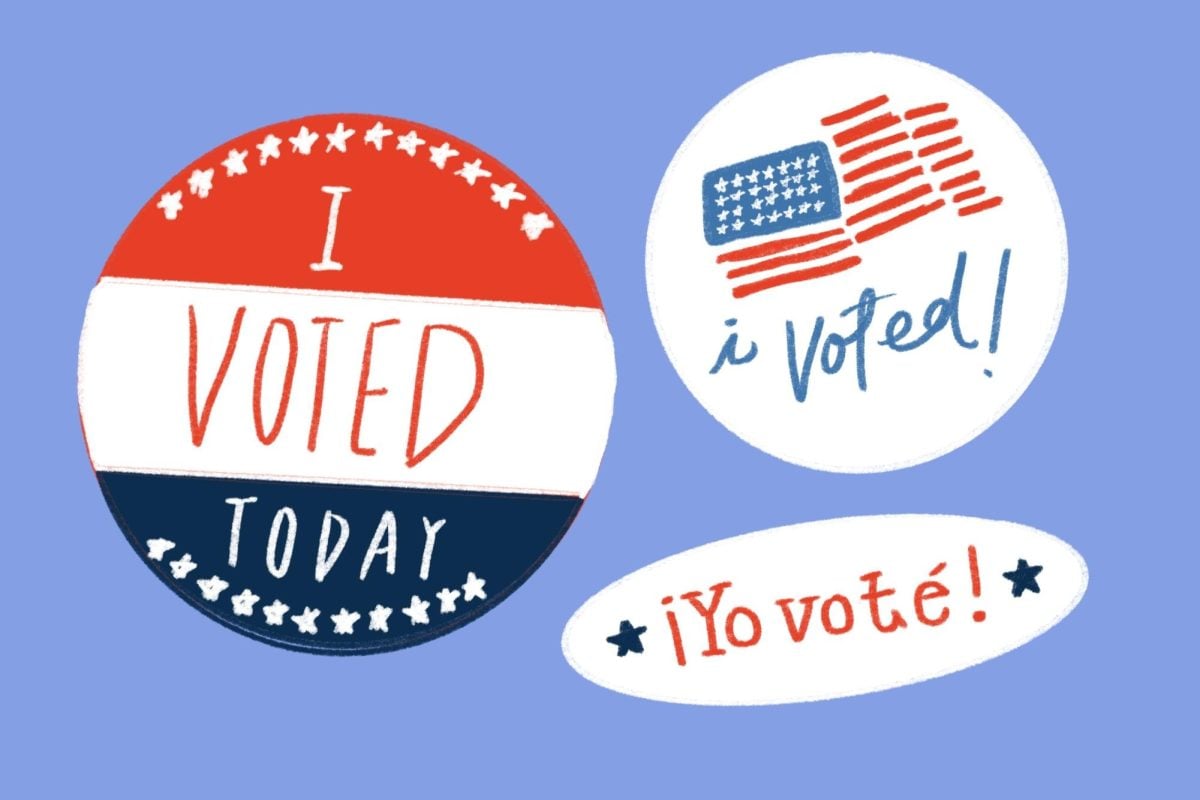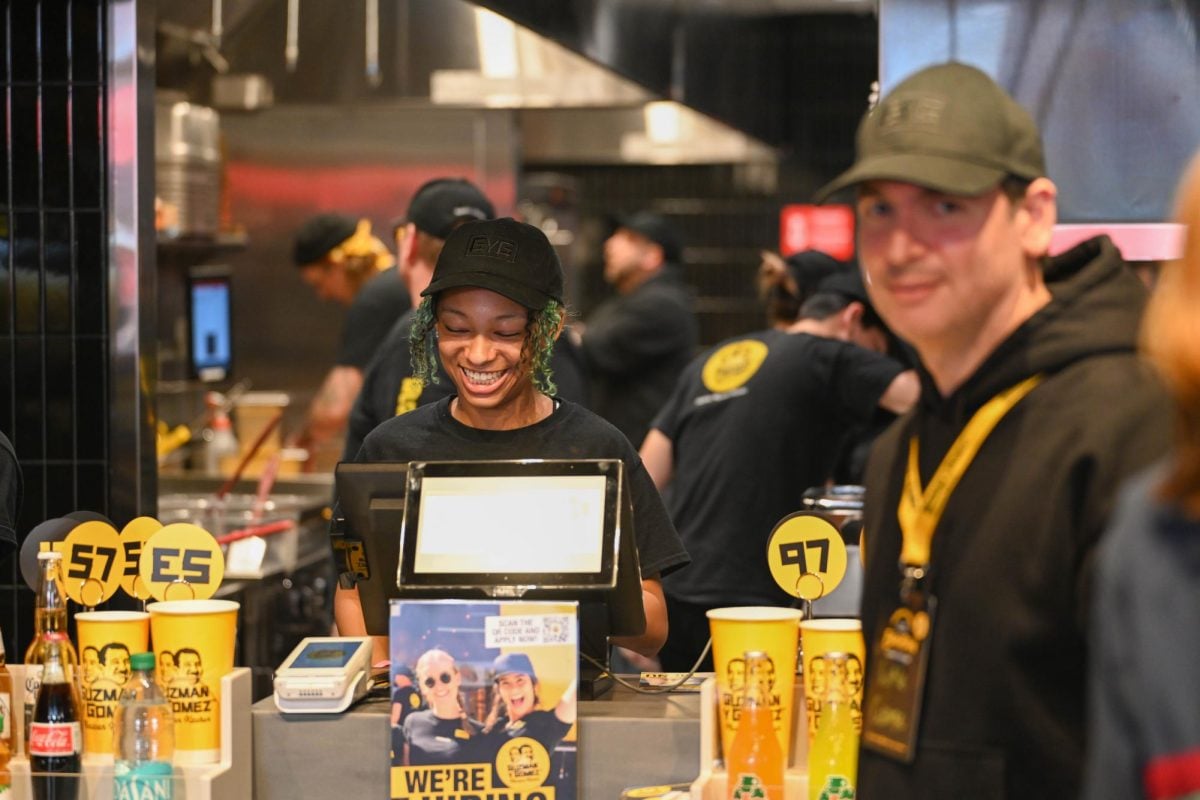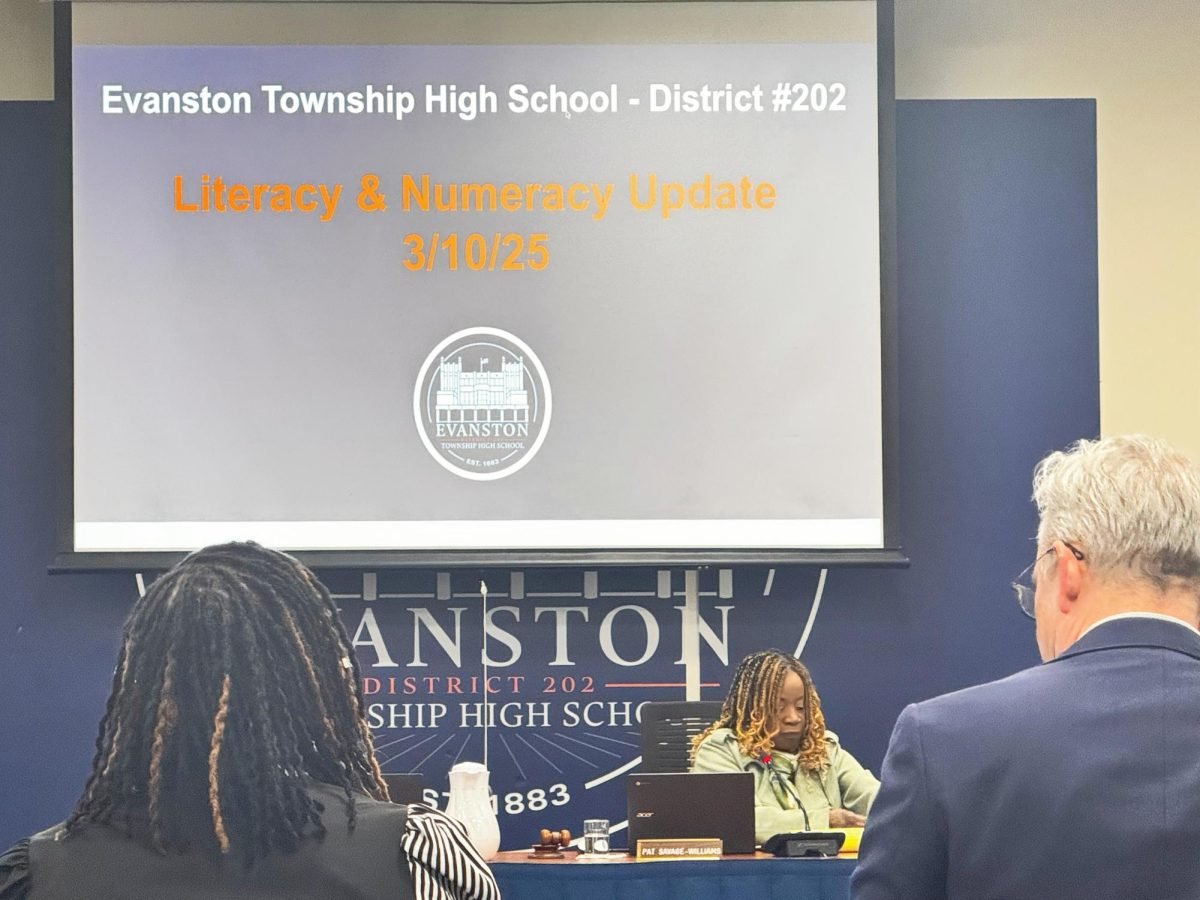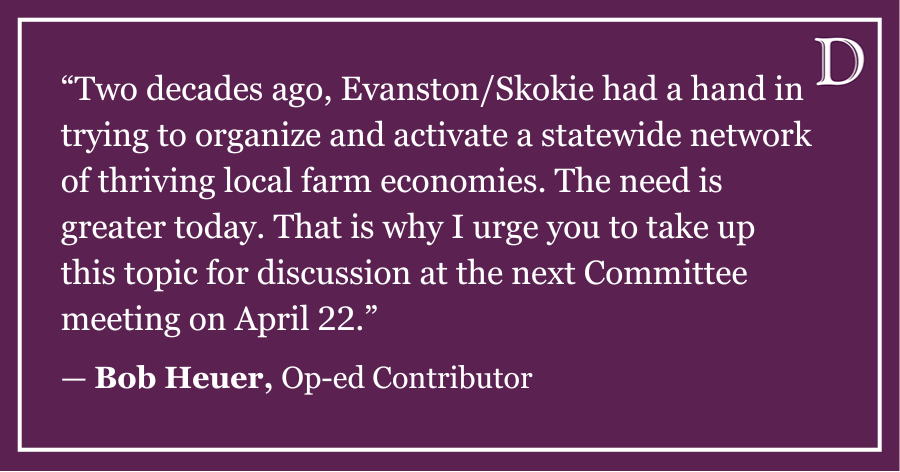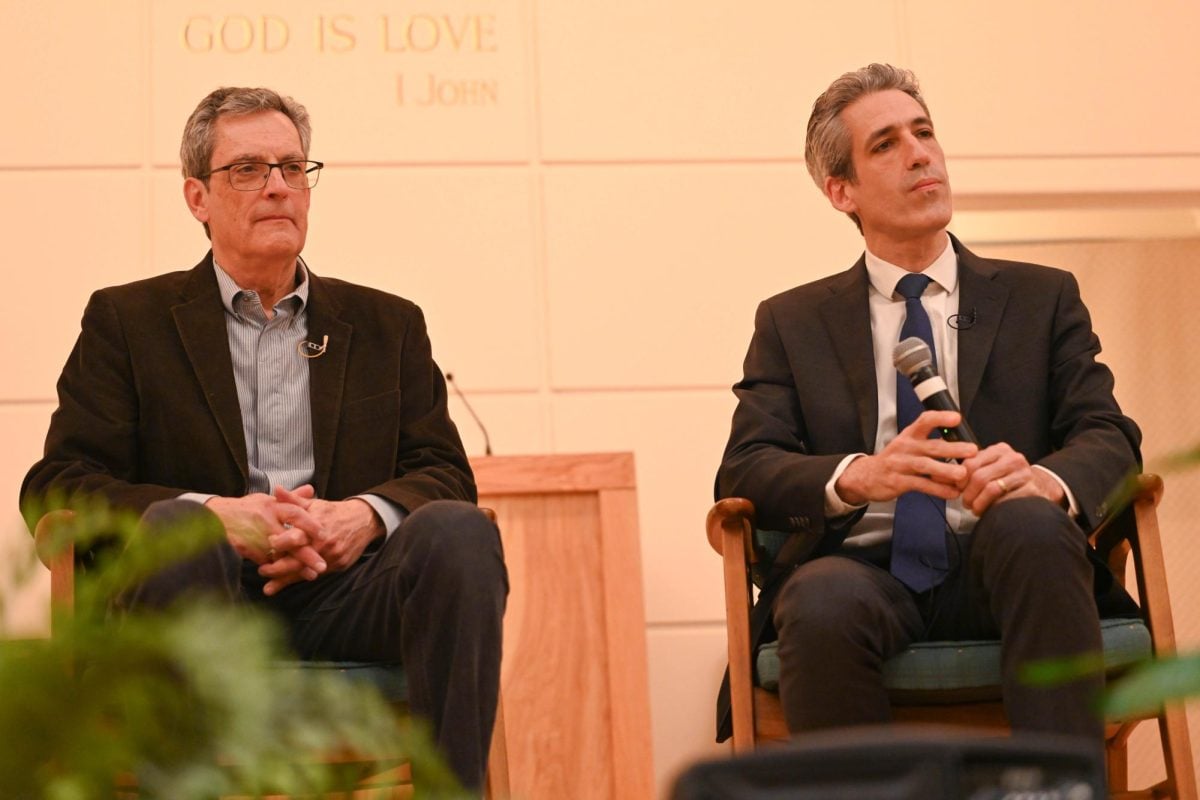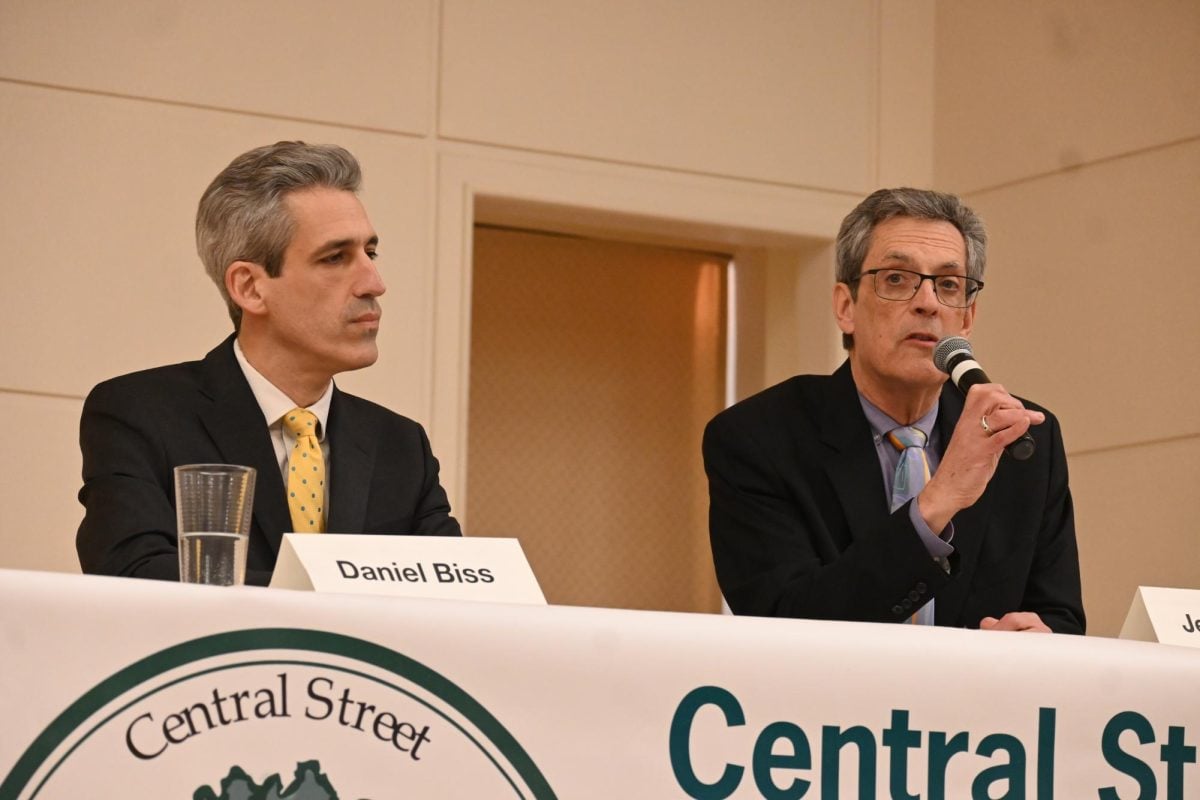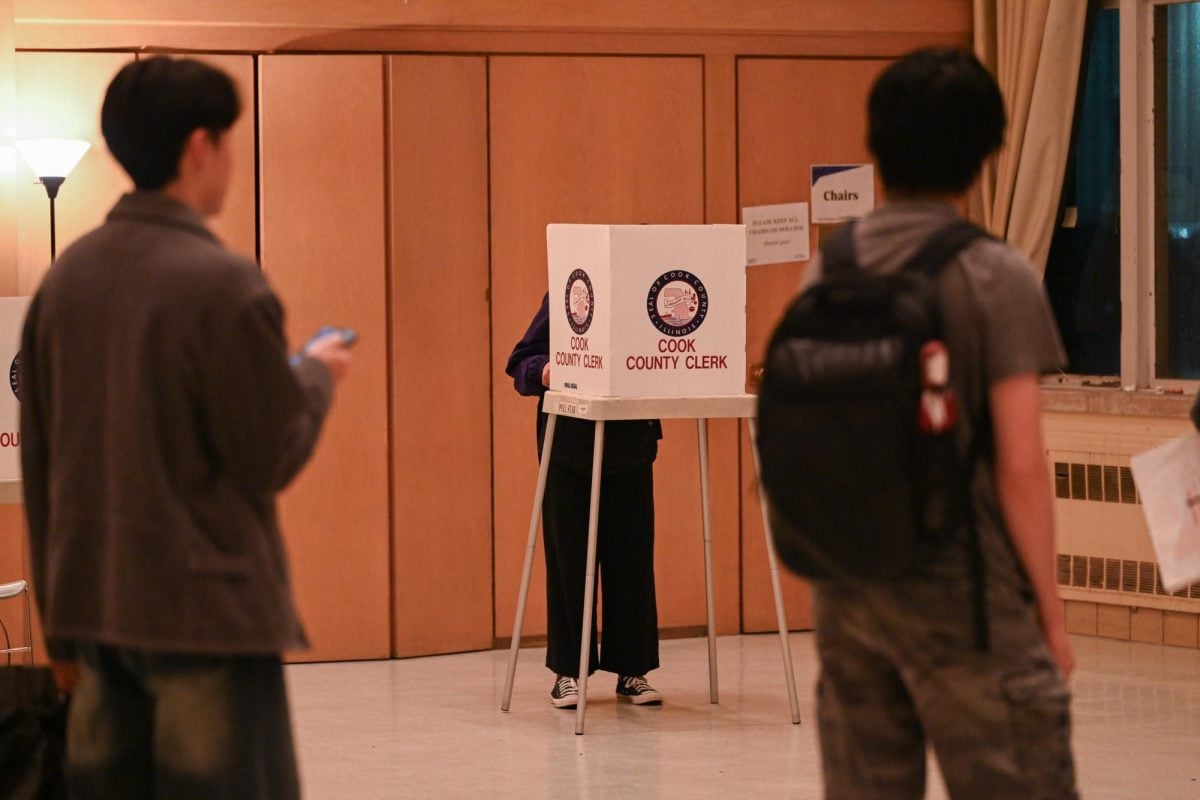“Paper or plastic?”
It’s the quintessential question customers are asked at most grocery and retail stores — and starting January 2024, a question Evanston residents may no longer have to answer.
Evanston City Council approved an ordinance in May that would ban plastic bags “community-wide,” including at restaurants and large retailers. The ban is a key part of Evanston’s effort to meet its Climate Action Resilience Plan goals, one of which calls for the phase-out of single-use plastics by 2025.
The ordinance also imposes a 10-cent tax on any paper bag distributed; however, qualifying businesses can retain 5 cents of the tax.
But when the Aug. 1 compliance date for the ordinance came, some of Evanston’s small businesses were still scrambling to make the switch from plastic to paper with just two months’ notice. In response, councilmembers decided to push the compliance date for businesses under 10,000 square feet to Jan. 1, 2024.
While customers at larger Evanston stores like Jewel-Osco and Target are now walking away with paper bags, the switch has been more difficult for some Evanston shops and shoppers.
“For small businesses, it’s very hard,” said Ashwin Patel, who works at Delta Discount, a convenience store on Main Street. “People on food stamps, they cannot afford the extra costs … Still, we try to push them to get reusable bags, we sell them for 99 cents.”
According to the city’s website, the 10-cent plastic bag tax does not apply to bags used to carry items purchased with the Supplemental Nutritional Assistance Program, the Illinois LINK card or similar governmental food assistance. However, Patel said it’s still been difficult for some of his customers to remember to bring or purchase their own reusable bags.
Some businesses also had trouble absorbing the costs of purchasing new paper bags when the ordinance first took effect. At the Aug. 28 City Council meeting where councilmembers voted to extend the effective date, discussion centered around D&D Finer Foods on Noyes Street, which had ordered thousands of plastic bags in 2022 and couldn’t afford to replace them all with paper.
Since then, some businesses have been finding new ways to offset the costs of purchasing the new bags, Ald. Devon Reid (8th) told The Daily.
“The 10-cent tax is just the city’s floor, but businesses are able to charge more than 10 cents, and I think that’s an absolutely reasonable way to cover the costs,” he said.
As the effective date for the ban approaches, other Evanston businesses are ready for the switch.
At Sea Ranch Sushi on Dempster Street, a few plastic bags remain on the shelves — but it is well stocked with paper bags. Restaurant manager Keiko Thomas said it has been a “smooth transition” to paper bags.
“We know we can still use plastic bags, but we’ve fully made the transition to paper,” Thomas said. “I know (plastic bags are) bad for the environment.”
At other small businesses, paper bags have long been the norm.
“Every once in a while we’ll get somebody who talks about it, but we’ve always used paper bags,” said Liz Larsen, who works at organic grocery store Village Farmstand. “It’s kind of built into our business model.”
Reid said adjusting to paper bags requires “creativity” from businesses and some extra effort from customers. Yet, with just under three months until the ordinance takes full effect for small businesses, Reid said most shoppers remain undeterred.
“They’re still shopping in Evanston, and I think that’s because of what Evanston offers, which is the best shopping options,” Reid said.
Email: lilycarey2025@u.northwestern.edu
Twitter: @lilylcarey
Related Stories:
— City Council approves complete ban on plastic bags, tax on all single-use bags
— City Council moves forward with single-use bag tax, Fair Workweek ordinance
— Council introduces semi truck ban on certain streets, approves election matching fund


